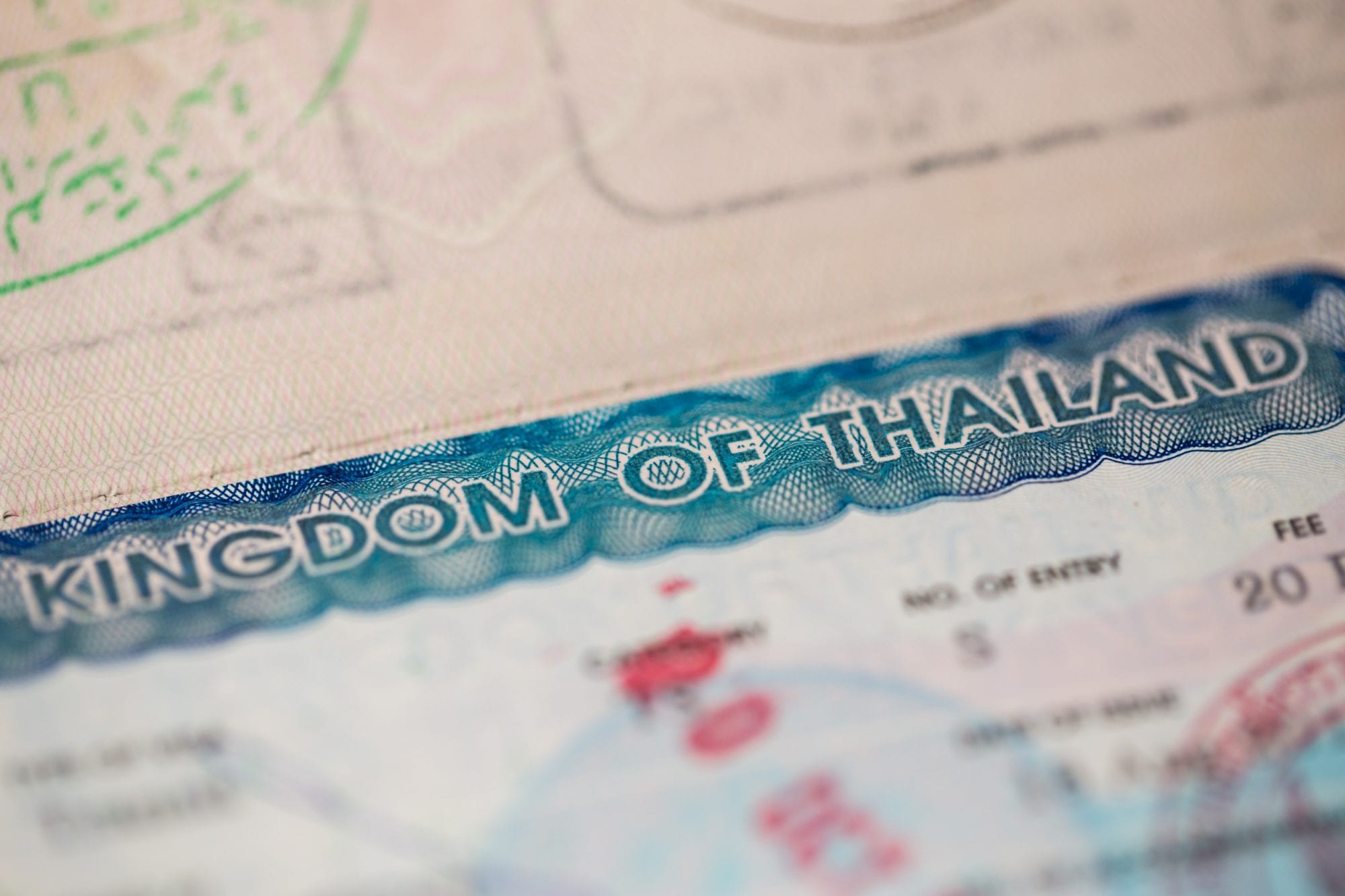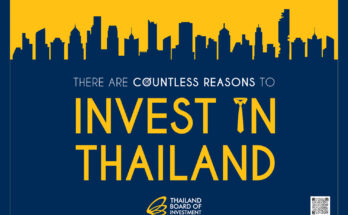Can foreigners own land in Thailand?
A foreigner cannot own land in his/her name in Thailand. However, the Department of Lands allows a Thai national married to a foreigner to own land after a signing a letter of certification with the foreign spouse to prove that the money used to purchase the land is the personal property of the Thai national and not personal property of the foreign spouse or common marital assets.
Thai spouses have been allowed to legally acquire and register ownership of land in Thailand only since 1999. Prior to this year, Thai nationals married to a foreigner lost the right to acquire land due to the fact that the old legislation unintentionally enabled foreigners to acquire an interest in the land as property between the husband and wife.
Land purchase procedure for a Thai national
When acquiring land, land and house or a condominium and registering the ownership at the Department of Lands, the Thai spouse must complete the following requirements:
- Show evidence that all the money paid is personal property (Sin Suan Tua) in accordance with section 1471 and section 1472 of the Civil and Commercial Code.
- Section 1471 – Sin Suan Tua consists of property belonging to either spouse before marriage, property for personal use, dress or ornament suitable for stations in life, or tools necessary for carrying on the profession of either spouse, property acquired by either spouse during marriage through a will or gift and engagement gift (Khongman)
- Section 1472 – As regards to Sin Suan Tua, if it has been exchanged to other property, the other property has been bought or money has been acquired from selling it, such property or money acquired shall be Sin Suan Tua. Where the Sin Suan Tua has been totally or partly destroyed but replaced by other property or money, such other property shall be Sin Suan Tua.
- Must confirm with a letter of confirmation at the Department of Lands local or provincial office that all money paid for the property is the personal property of the Thai spouse and not a common property (Sin Som Ros) between the wife and husband.
Inheritance of land by a foreigner in Thailand
Can foreigners inherit land in Thailand?
A foreigner who is married to a Thai national is a statutory heir. Under section 1629 of the Civil and Commercial Code, statutory heirs are categorised into six classes and each class is entitled to inherit in the following order:
- Descendants
- Parents
- Brothers and sisters of full blood
- Brothers and sisters of half-blood
- Grandparents
- Uncles and aunts
According to section 93 of the Land Code Act, the Ministry of Interior shall permit the inheritance of land by an alien who is the lawful heir, but such acquisition, when added to that which is already held, may not exceed the amount which may be held under section 87.
Section 93 refers to statutory heirs who acquire land by virtue of the provisions of a treaty (section 86 of the Land Code Act). However, there is currently no treaty with any country allowing the Ministry of Interior to grant permission to the foreigner to register ownership of land.
Upon the death of the Thai spouse, the foreigner is not allowed to register ownership of the land of the deceased spouse, and the foreigner must sell the land within one year from the acquisition of the land in accordance with section 94 of the Land Code Act.
Inheritance of a condominium by a foreigner
Foreign heirs or legatees may register ownership of a condominium unless registration in the foreigner’s name would exceed the foreign ownership quota within the condominium building, which is 49%.
Qualified foreigners include:
- Aliens permitted to have a residence in the kingdom under the Immigration Law
- Aliens permitted to enter into the kingdom under the investment promotion law
- Juristic persons as provided in section 97 and 98 of the Land Code and registered as juristic persons under the Thai law
- Juristic persons which are aliens under the Announcement of the National Executive Council No.281 dated November 24, B.E. 2515 and have obtained promotion certificate under the investment promotion law
- Aliens or juristic persons regarded by law as aliens who have brought in foreign currency into the kingdom or withdraw money from Thai baht account of the person who has a residence outside the kingdom or withdraw money from a foreign currency account.
Foreigners other than those specified above must notify in writing the local or provincial land office within 60 days and dispose the condominium unit within not more than one year of the date of acquiring ownership of the condominium by inheritance.
Failure to do so will give the Director-General of the Department of Lands power to sell the unit on the foreigner’s behalf.
What are the risks of registering the ownership in the Thai spouse’s name?
Risks of registering the ownership in the Thai spouse’s name includes the foreigner having no claim to the property and the Thai spouse has the right to sell, mortgage, exchange or transfer the property without the consent of the foreign spouse.
Conclusion
Feel free to contact UnionSPACE if you have any questions about foreign land ownership in Thailand. We have solutions to assist foreigner to own land in Thailand via the use of a Secure Thai Limited Company.
Tel: +6620360600
Line: https://lin.ee/sqS7VlQ
WhatsApp: https://wa.me/66620155533
Website: https://unionspace.co.th




